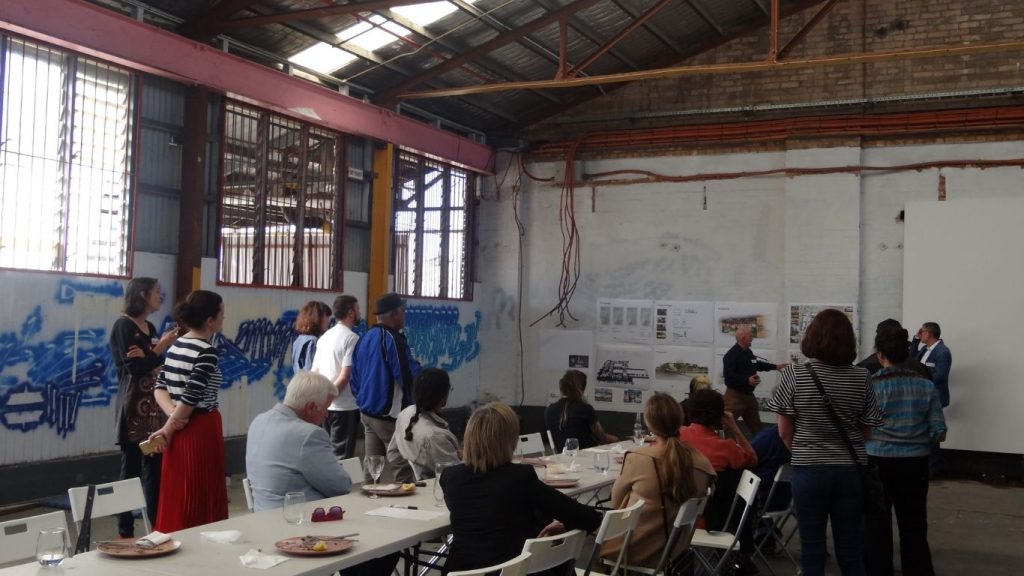Apple Cider Vinegar.
These are three words I can taste.
You know the type of words; words that conjure up tastes, or memories of tastes, soon as they are uttered. For many, it’s foods such as blue cheese, coffee or tuna.
For me, it’s apple cider vinegar.
Aside from highlighting my potential lexical-gustatory (LG) synesthesia – yep, I used a big show-off phrase – I mention this because it has been triggered recently by a Netflix series that dropped in Australia called, you guessed it, Apple Cider Vinegar.
It tells the “true story, based on lies” of Belle Gibson, who allegedly faked a brain cancer diagnosis and used it to build an online media empire.
In the first episode of the show, the actor playing Gibson sits down with a crisis communications specialist. She came to him because he was good and had a reputation in this space, and she needed help badly.
She was pleading with him to fix her brand and help show that she was telling the truth.
He repeatedly asked her to authenticate her claims that she had, in fact, suffered from brain cancer and beaten it with natural remedies and healthy eating. She could not.
He repeatedly told her she only had one option – apologise, go quiet and leave the spotlight.
He didn’t mince his words. She repeatedly didn’t listen and pushed him – and let’s say the rest was made history in the form of a bombshell 60 Minutes interview.
You know the infamous episode with the formidable Tara Brown taking on a cocky Gibson in a tell-all interview. It was an absolute train wreck, decked out in a pink turtleneck knitted jumper.
It’s a situation all of us in crisis communications reference often.
So, what are the lessons here?
- If you engage a crisis communications specialist, you need to let them push you and be the voice of reason. They aren’t in the vortex – which is a good thing. They are positioned to tell you what passes the pub test and what simply won’t fly.
- Many times – and trust me I have had a number of these sticky conversations over the years – they will have to tell you what you don’t want to hear and they have to be blunt and to-the-point, as time is of the essence.
- Remember, a good crisis communications specialist is positioned to help you today, to ensure you have a business for tomorrow. A good plan should be thinking about tomorrow. This doesn’t happen if you are caught lying or acting unethically. More often than not, it will come out and it will look twice as bad as you have broken trust twice. There’s a saying, “fool me once, shame on you, fool me twice, shame on me”. And like Mr T beautifully said, I pity the fool. As I like to say (Ms M, if you like), the public pity the fool that makes them feel like a fool.
- If a crisis communications specialist provides clear guidance, based on experience (and it aligns with HR and legal advice), attempt to listen to it. If you don’t listen, appreciate they might walk away. They are professionals themselves, and your brand becomes intertwined with their brand. They are often your mediator between stakeholders – either with journalists or in guiding communications with key members of your stakeholder matrix.
- And importantly, don’t think you are smarter than a journalist. It was clear in the show that Belle thought she was smarter than Tara and could hoodwink her way through the interview with hyperbole and fluff. It doesn’t work. From day one, journalists are taught three things: 1) how to smell BS, 2) how to get someone to open up to them, 3) and quickly, and how to find the closest coffee.
So, there you have it my top tips on what to do, or not do – including don’t wear bright pink turtleneck jumpers on TV and don’t talk about tapeworms in media interviews (you will have to watch the show for that reference) – in times of crisis.
Make sure you check out my next episode on what you should be doing during a meeting with a crisis communications specialist.



